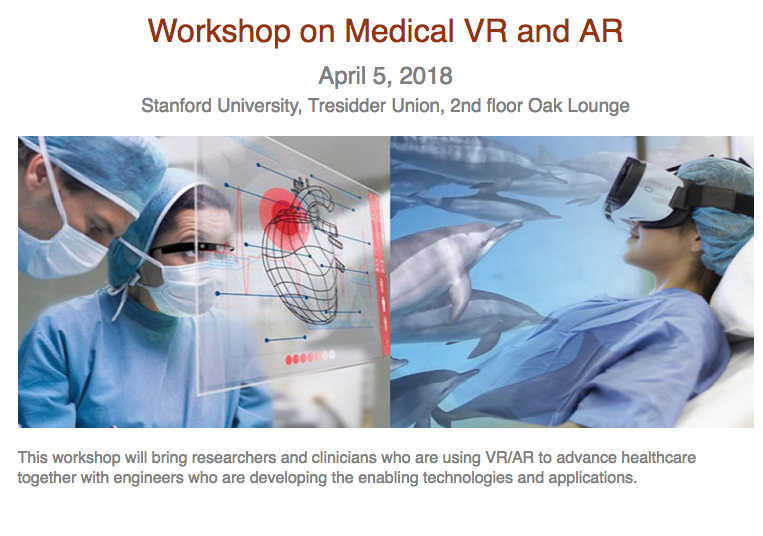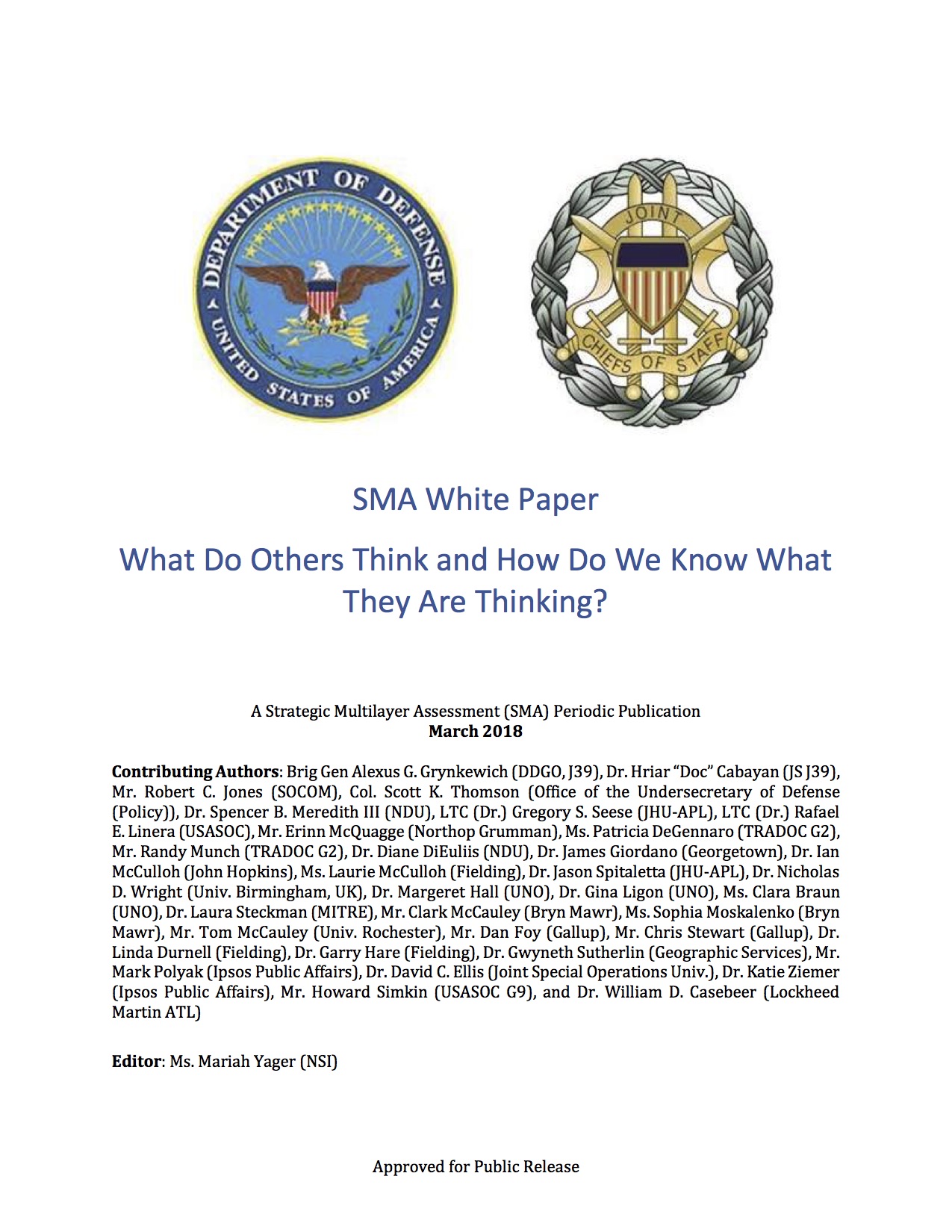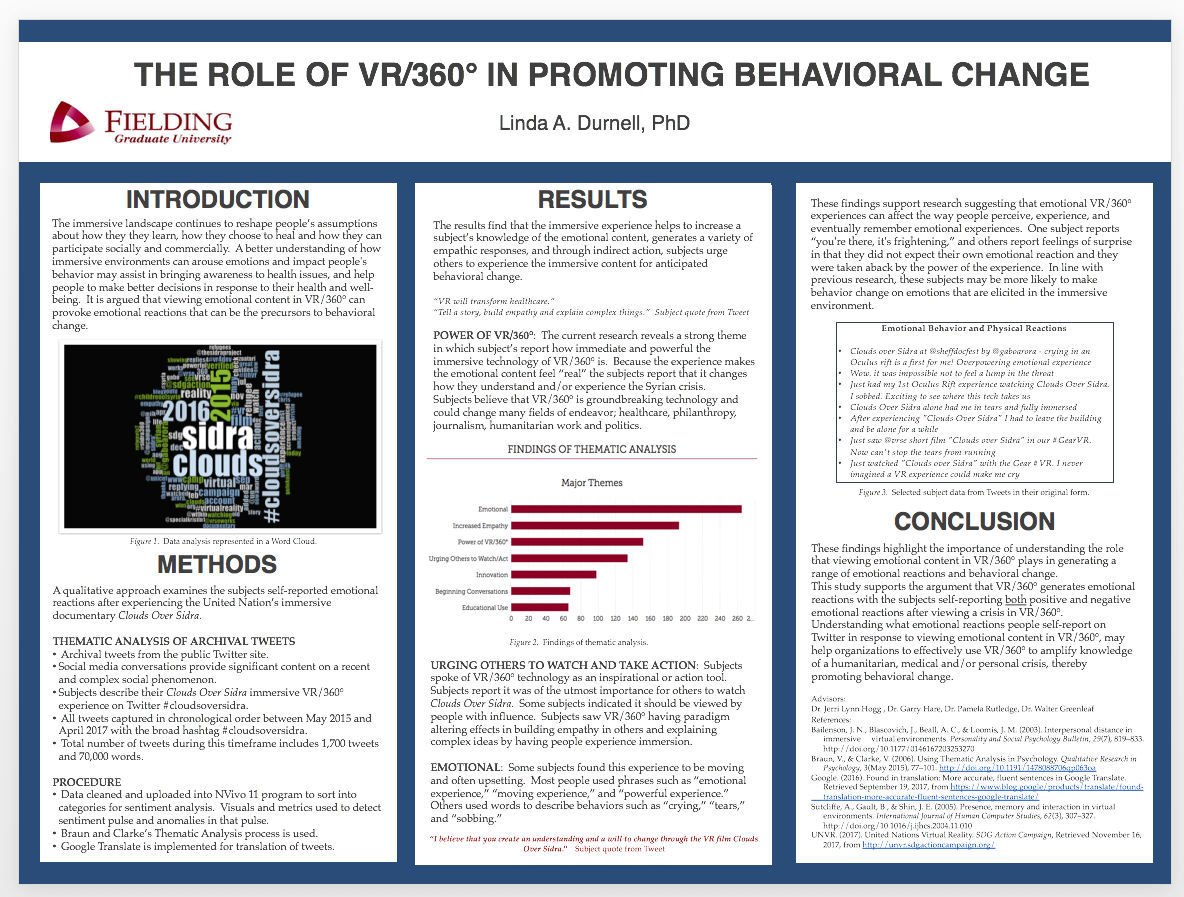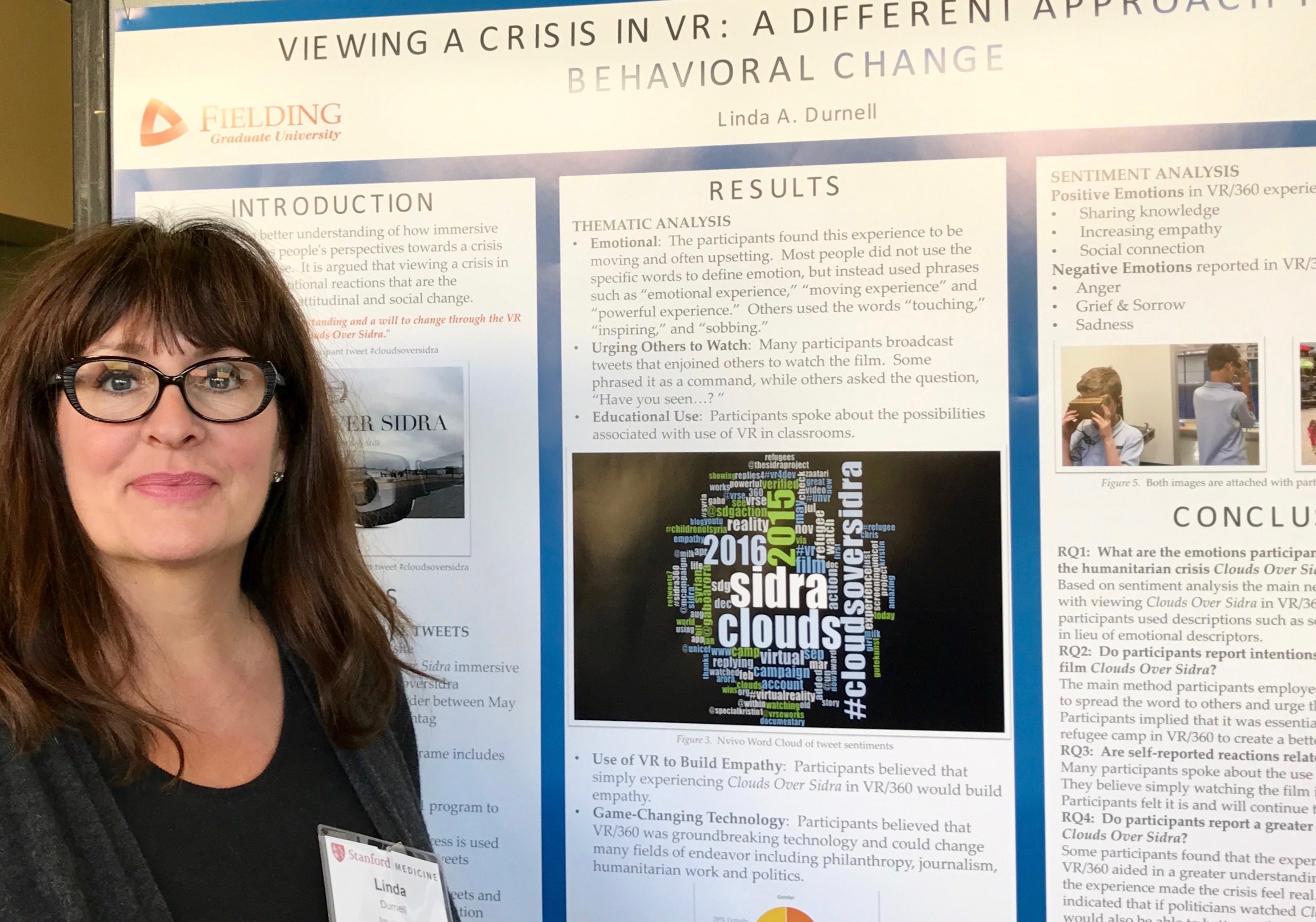Quick Search
About this Blog
Dr. Durnell teaches at Johns Hopkins Carey Business School, the topic of Consumer Behavior, which focuses on consumers’ decision making based on theoretical and empirical findings from psychology, anthropology, and sociology and includes engagement, emotions, and social influences. Also explored is consumer behavior analysis on marketing strategies, market segmentation/positioning, brand loyalty, the persuasion process, and promotion. Ethical and moral motivations and the impact on social change are discussed.














